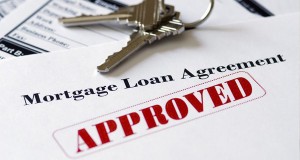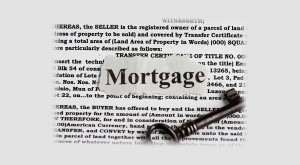
August 7, 2015
FHA Loan Fees Which Are Not Considered Closing Costs
There are a variety of fees and expenses associated with FHA home loans; typical costs that the borrower should be saving up for during the planning stages of a new home loan. The FHA requires a minimum 3.5% down payment, for example, and that down payment is considered separate from the borrower’s closing costs. And then there are expenses which are not considered part of the down payment OR closing costs. The FHA loan rules found in HUD 4155.2 at the time of this writing explain these costs. Discount points (a prepaid amount designed to lower the interest interest rate) are included in such expenses–not a down payment, not a closing cost. Chapter Six of HUD 4155.2 describes discount points as follows: “Discount points charged by the lender on a | more...









